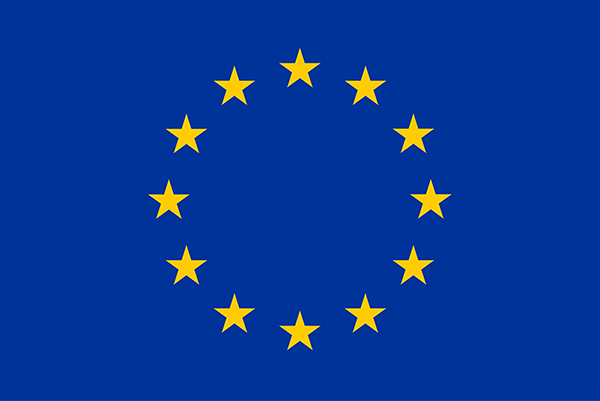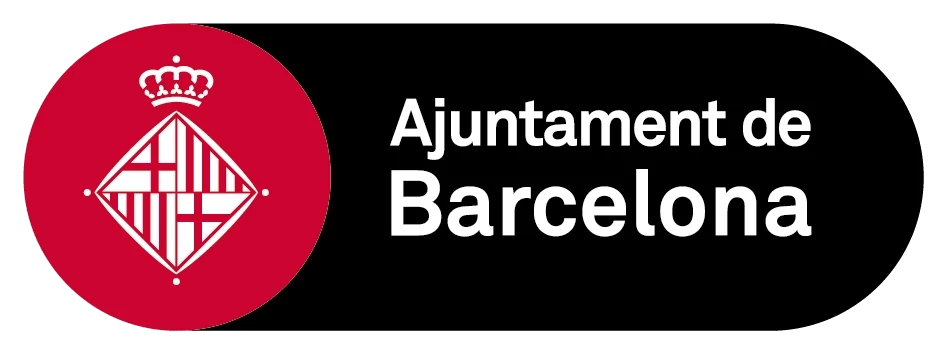Nieuws en updates
Laatste nieuws over SMILES
Is Digital Citizenship the answer to dealing with tricky online content?
It’s been a tough few years at Meta (Facebook), as they’ve come under increasing pressure to put better protections on their social media protections to support younger users. Based in part on leaked internal studies which showcase the harm for teenagers, advocacy groups, parents and academics have joined the call in demanding social media giants to fix the situation, including shifting algorithms to ‘nudge’ younger users away from problematic content which might impact their mental health.
While shifts to algorithms could be part of the solution, we suggest blocking users from content isn’t the only, or perhaps even the best, option. Addressing the problem from an algorithm-based approach is an attempt to manage users. It has a strong focus on social media users as passive consumers of information, rather than content creators. By simply blocking tricky information, it fails to teach younger users how to engage with and create content which is accurate and well-suited for online distribution.
In short, we think there is a missed opportunity to encourage people to confidently and positively engage with digital technology. Technology is a tool, and we need to train people in how to use it.
This approach is one we take in many aspects of life with younger people. As banning teens from the road doesn’t teach driving, blocking problematic content doesn’t encourage safe online behaviours. Just as we show younger drivers how to manage risk when on the road, we need to show how to manage risk in online spaces. And to do this, we need to make sure teens have the literacies and knowledge they need to make smart choices beyond just using their common sense.
In particular, if we’re talking about education, we’ve got two options. Media literacy is one of those, and certainly an approach which has been well adopted in the education of younger people. Media literacy is having the skills to identify different types of media and the messages embedded within. This is certainly vital, and so far media literacy has been a popular choice for building critical thinking skills and safeguarding younger people online- so much so that media literacy is increasingly embedded in school curriculums.
However, whilst media literacy is an effective tool to be sure, it is only part of the puzzle. Expanding our view to digital citizenship extends beyond user familiarity to dictate what kind of behaviour is considered ‘acceptable’ in online spaces. We might consider this a superset of media/digital literacy, and call this skill set digital citizenship.
Digital citizenship is about more than literacy. It focuses on the impetus to shape people into productive members of our digital society. Being a good digital citizen is about more than critically evaluating content, it allows for a broader focus on users as content creators, not simply consumers, and asks users to think about how their behaviour online impacts others, including how their actions help build a better community.
Tertiary education is well positioned to lead in this space. While schools have embraced media literacy into curriculum, tertiary education also has a role to play. After all, universities have always sought to create good citizens; extending this into the digital is not particularly novel. Importantly, implementing this in higher education permits a reach beyond younger people and school leavers to people who may not have had media literacy training in primary or secondary education.
The solution to good digital citizenship education is not algorithmic, it’s social. We already know how skills can be built into media literacy, and universities have a passion for building good citizens, so all we need to do is combine these ideas into a new ‘digital citizenship’ skillset for the future. This skillset is discipline and year level independent, and higher education institutions are in a unique position to tailor digital citizenship training to be more relevant to the student and their future workforce.
We, as educators in the I.T and Communication fields, have taught digital citizenship aspects in our courses for years, can see significant benefits to expanding this to other fields like health, medicine and engineering. It also benefits students who are responsible for training others- a need as evidenced by one study which revealed teachers can lack confidence and support in delivering digital citizenship and media literacy education.
The solution is not to ban technology, it’s to teach students how to drive and manage risk in this new online world, as competent digital citizens.
---
Dr Amy Johnson, researcher and lecturer, Central Queensland University, Australia
Michael Cowling, Associate Professor, Information & Communication Technology, CQUniversity Australia
Article reposted with permission from Media & Learning Association



